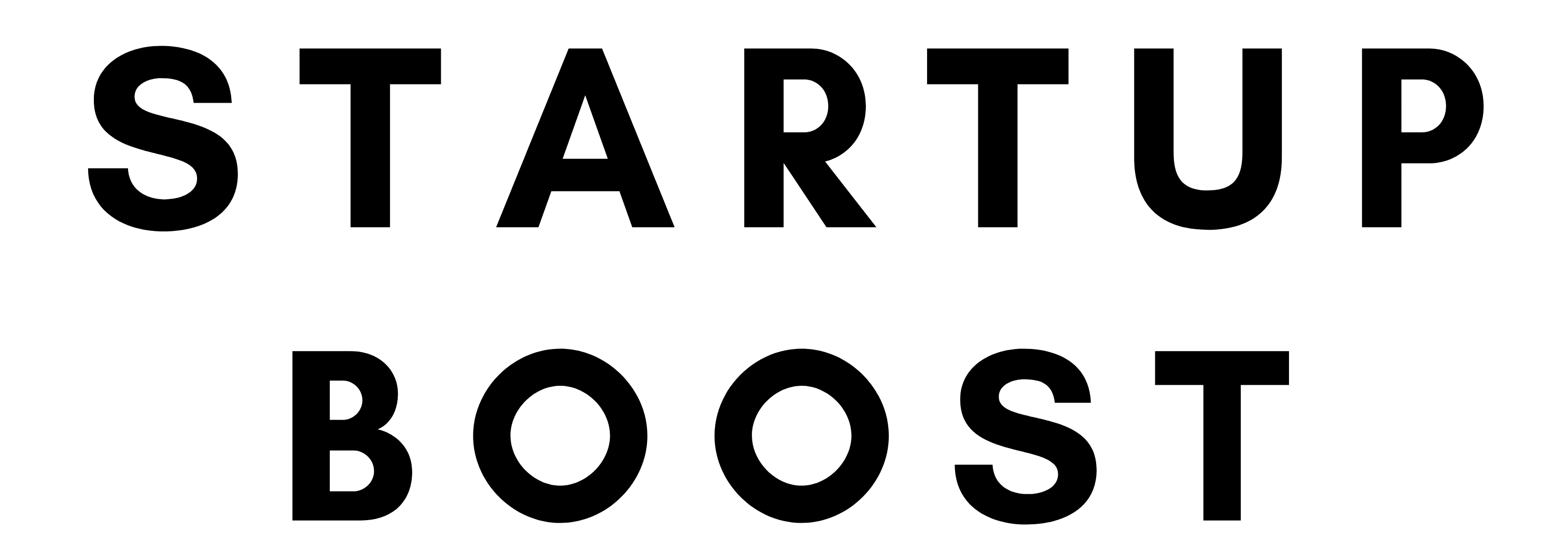Types of Startups: A beginners guide to entrepreneurship
In this digital-led age, a startup is a word that we commonly hear. Most people view startups as something related to the tech industry. However, many startups don’t operate in the IT sector, and not all are designed to dominate an industry. So, what is a startup?
A startup is a young business founded by one or more entrepreneurs to produce and develop a unique kind of good or service. It seeks to promote innovation and hasten the development of ideas. A startup aims to improve upon flaws in already-existing products or develop new categories of products and services, bringing them to the market and making them irresistible to consumers.
A good concept alone won’t be enough to establish a business in the digital world when everyone seeks to provide innovation. One should explore the following types to better comprehend the characteristics of various startups. Listed below are the six (6) types of startups.
1. Small Business Startups
These companies are self-funded. They develop at their pace and often have a good website but lack an app. Small business founders prioritize longevity over scalability. These small startups are designed to serve a narrow target market and offer sufficient funding for long-term financial stability. Examples include grocery stores, barbershops, bakeries, and travel agencies.
2. Social Startups
Social startups, in contrast to other kinds of businesses, are founded to bring about a favorable social or environmental change, not to increase founders’ wealth. Examples include charities and non-profit organizations that exist thanks to donations. Social entrepreneurs shouldn’t expect a significant financial return, but if it is not a non-profit organization, it is still feasible to generate money using this startup model.
3. Lifestyle Startups
Lifestyle startups are the result of entrepreneurs dedicating their time and effort to turning a pastime or activity they love into a profitable business out of passion and a desire for independence. This can range from a chef opening his own restaurant business or a web developer starting a coding agency.
4. Scalable Startups
This category frequently includes businesses in the tech sector. Tech businesses generally have a lot of potential, so they can quickly enter the worldwide market. These entrepreneurs look for investors and hire the best employees to advance the growth of their concepts. Google, Uber, Facebook, and Twitter are some examples of scalable startups.
5. Big Business Startups
Because of technology, market interest, preferences, and demand change quickly. As a result, businesses must adapt to new circumstances. This is where large company startups come in. Funded and supported by large companies, these offshoot startups seek to access new markets, expand product lines, and keep established businesses engaged in the market’s constant change.
6. Buyable Startups
Unlike other startups, buyable startups are made with the intention of being sold to larger companies. Most buyable startups are tech-related, and many specialize in app and software development. Giant companies develop them over time and receive benefits.
If you are looking to buy or start a business, check out Startup Boost Singapore! Startup Boost Singapore is a web development and business brokerage company that helps entrepreneurs and enterprises launch startup projects in less than 14 days.
If interested in our products, contact [email protected] for more details.
Want to learn how to start your own business? Check out this startup entrepreneur’s guide!





